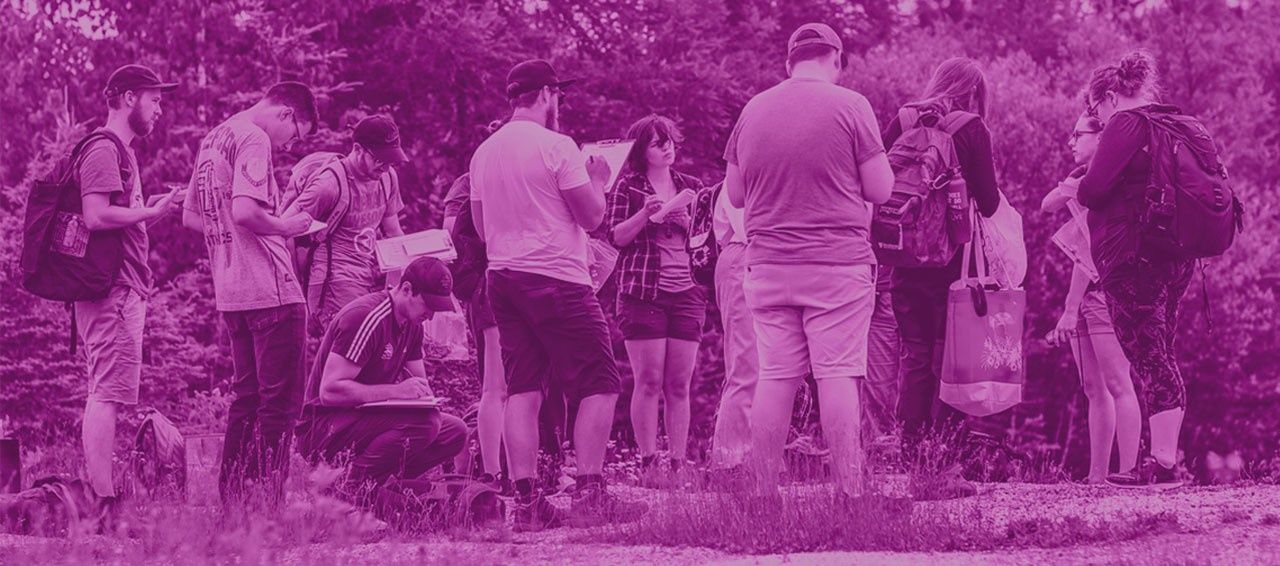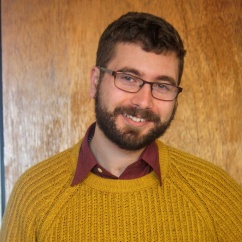Murray Hancock: An experience that changed life and career aspirations
In my third year at £óè¨øÝýË, I took an International Development Studies class called Experiential Learning. Half of the class was in a lecture room, where we learned about the history and role of NGOs and charitable organizations in Canada. The second half was volunteering for a non-profit organization of our choice. I study International Development Studies and History, with a focus on economic history, globalization and labour. I've always been focused on social justice, and my goal is to someday use my studies to influence economic and trade policy in a more just, equitable direction. Experiential learning was a perfect fit for me.
Many of my classmates volunteered with charities like food banks, shelters and soup kitchens. They believed in their work, but often felt like 'economic stopgaps'. They were left picking up the pieces after decades of government underfunding of social programs and support for poor people. In contrast, I volunteered with the (ACORN). ACORN organizes low income people to fight for structural change: things like a higher minimum wage, rent control, and greater access to social assistance and housing. ACORN is an independent membership-based organization. This means that low income people decide on leadership, campaigns, and actions. For two days a week after class, I worked on their behalf; going door-to-door in places like Highfield Park, Greystone and Uniack Square. We heard residents' concerns, formulated demands and organized people to fight for changes. During my time at ACORN, we fought for and secured funding for playgrounds in a public housing complex and brought the landlords of a complex in the North End to account for mistreating low-income tenants.
This experience changed my life and career aspirations in many ways. I organized alongside people from all walks of life ã low income workers struggling to put food on the table, tenants rights' lawyers, municipal politicians and MLAs. I made connections with people that I would never have met in a classroom. Most importantly, I gained insight into the real-life impacts of the social and economic policies we study. While a small reduction in social assistance rates can go unheard of in academia, it has devastating effects for a single mother on disability.
At the end of my volunteer placement, I was offered a summer position at ACORN, which I happily accepted. There, I took an even more active role in organizing community meetings, rallies and demonstrations. We took a stand against gentrification in North End Halifax, and grew our membership to an all-time high. At the end of the summer, however, I decided a career in activism was not for me. I consider myself an ally to low-income organizing, but not a front line actor. With my interest in political science, economics and development, I intend to work behind the scenes to support social and economic justice.
That being said, I would highly recommend an experiential learning placement for anyone who wants to devote their lives to creating a more humane, equitable world. Theory is nothing without practice, and the best way to achieve this is to see how change is made by real people on the ground. You may run in to some uncomfortable truths about your own privilege, and the work itself is emotionally draining. But in the end these are integral parts to changing the world, and they definitely can't be taught in the classroom.

